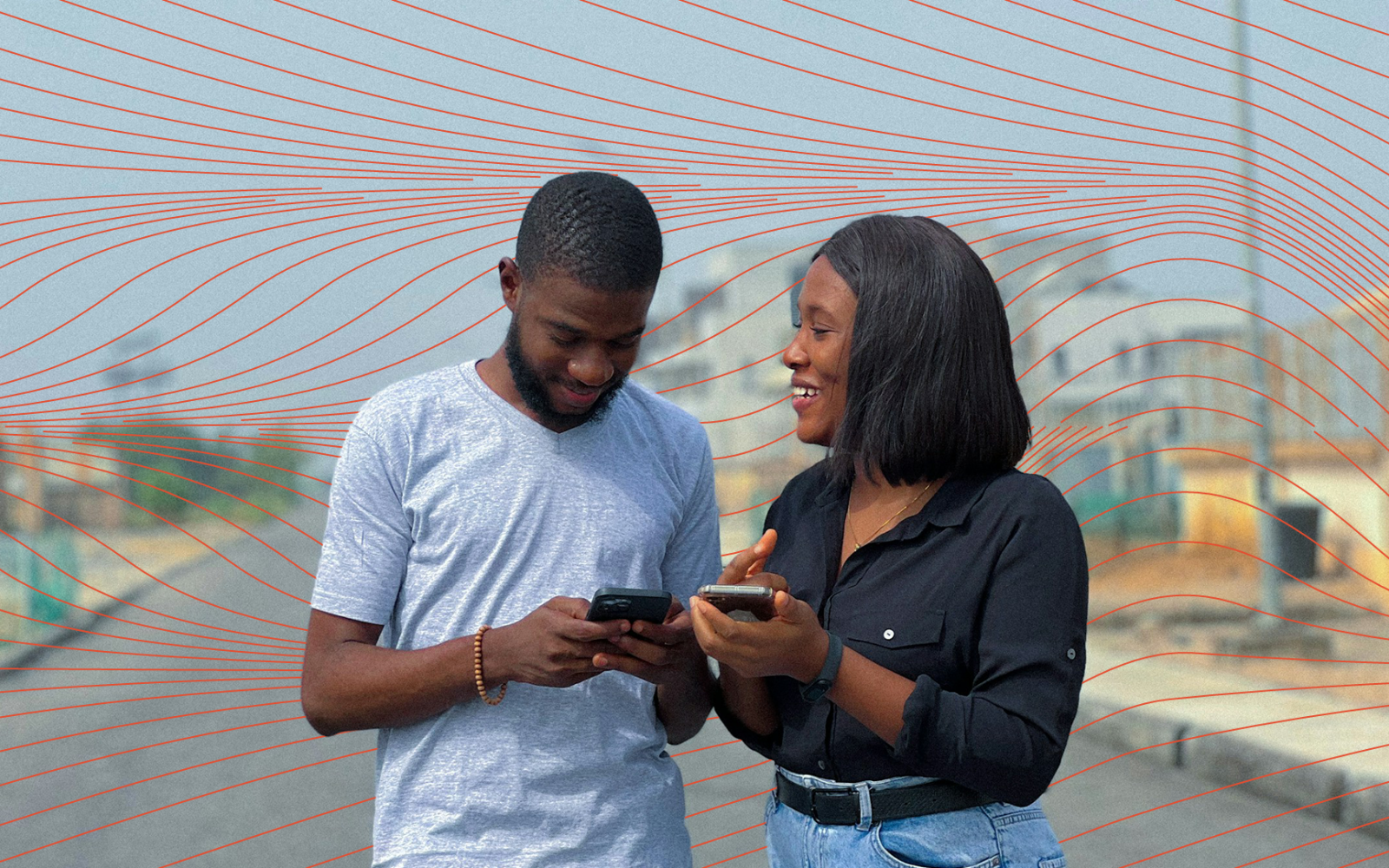Quiet Impact: A Journey through Social Finance
ANNETTE | IMPACT FINANCE AT PHILIPS | THE NETHERLANDS
Annette reflects on her journey toward becoming a changemaker, inspired by ordinary, unsung heroes who contribute selflessly to the common good. As a director of social finance and founder of a consultancy firm, she strives to create a positive social impact through financial initiatives, especially in underserved countries. She integrates pesronal values and professional expertise, and recounts the challenges of convincing others of the value of social finance.
